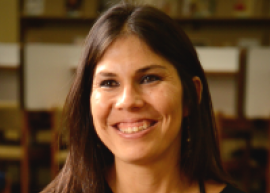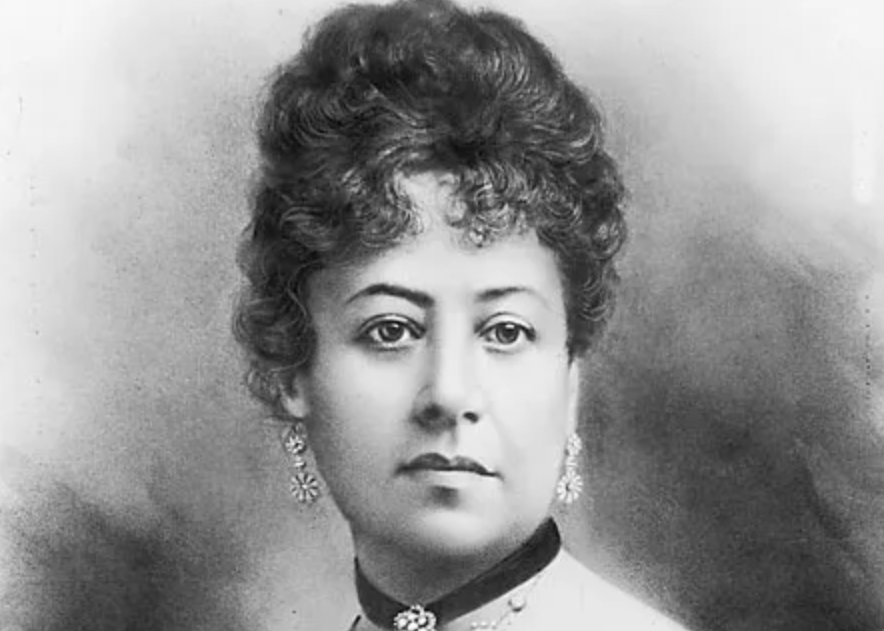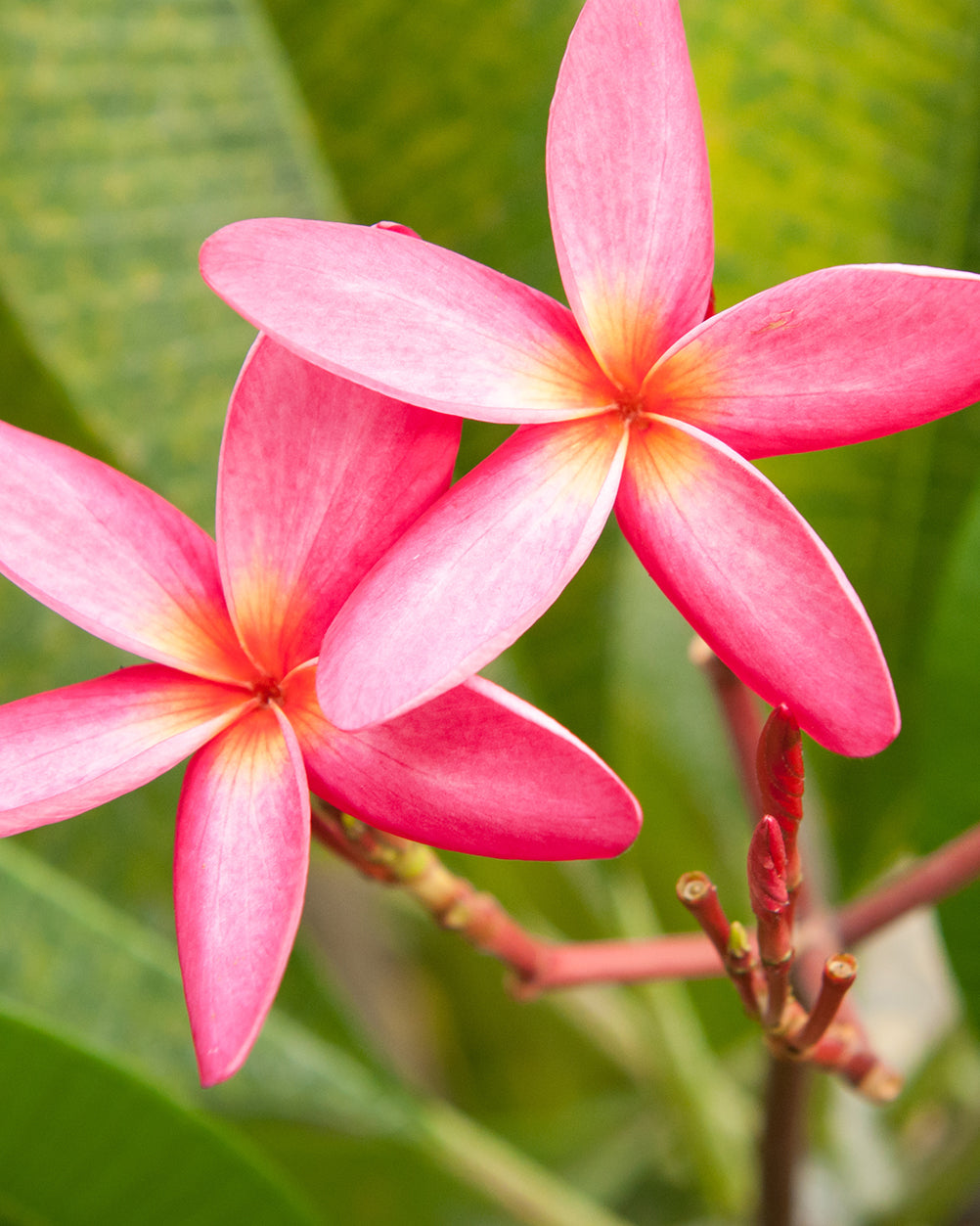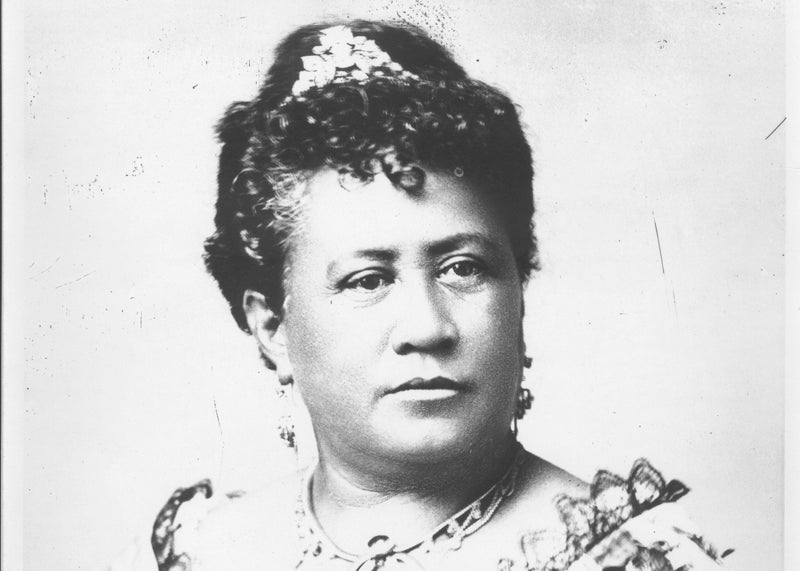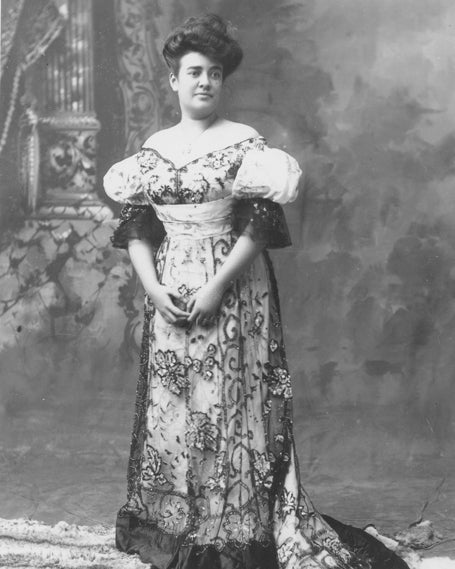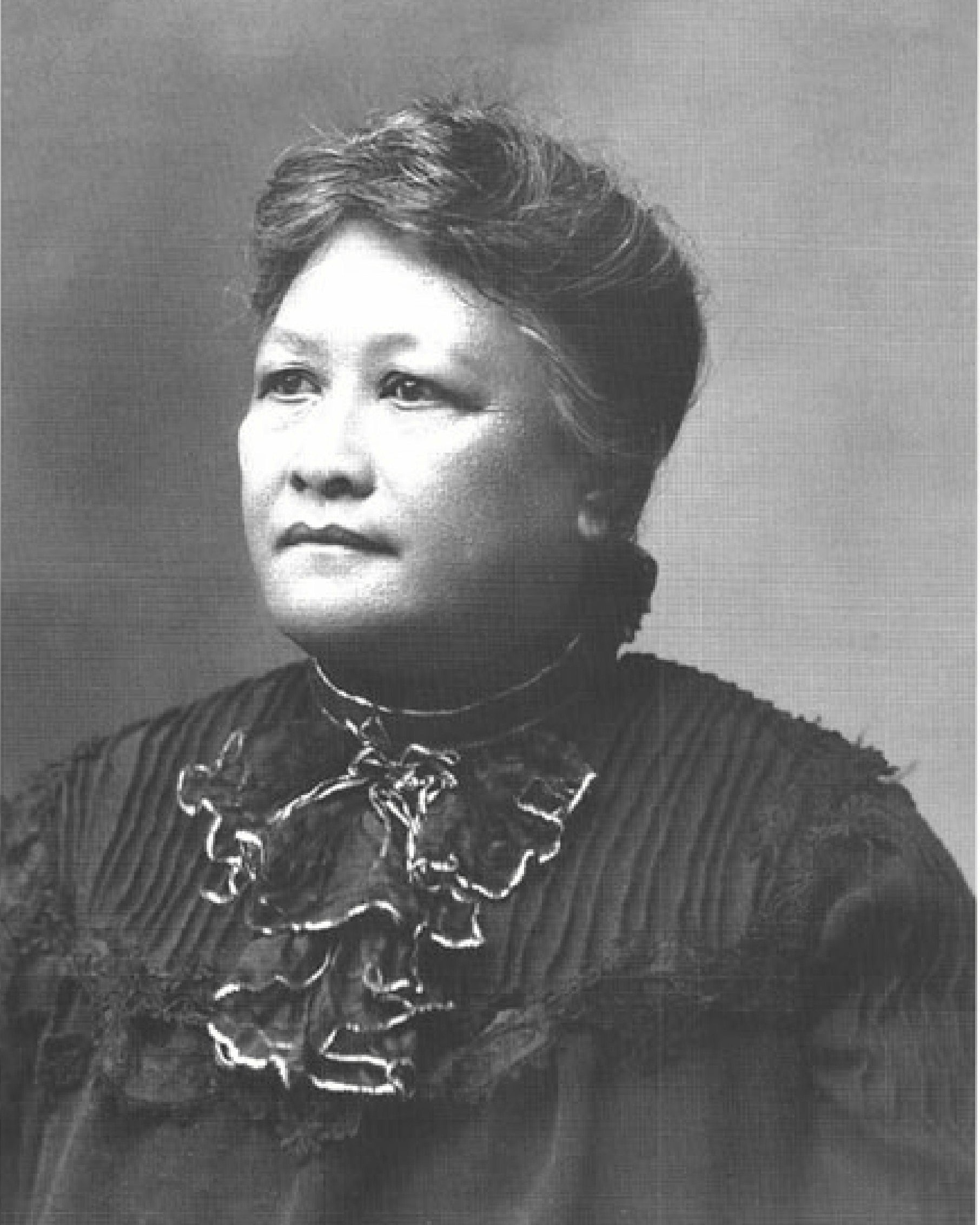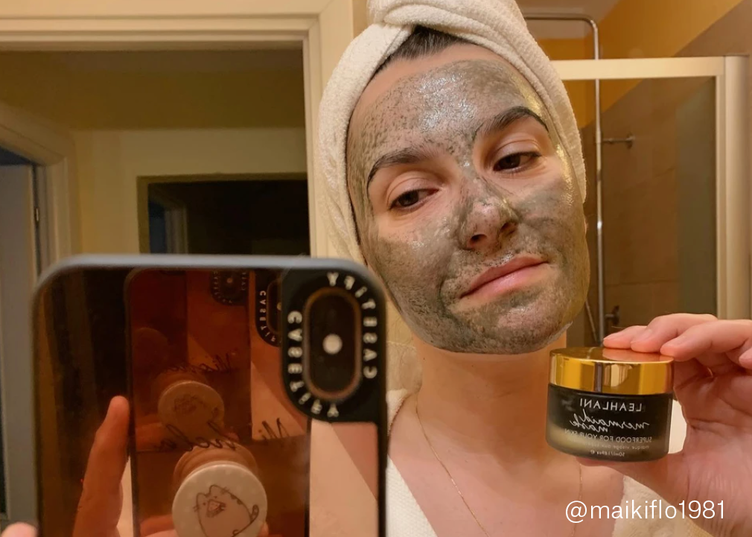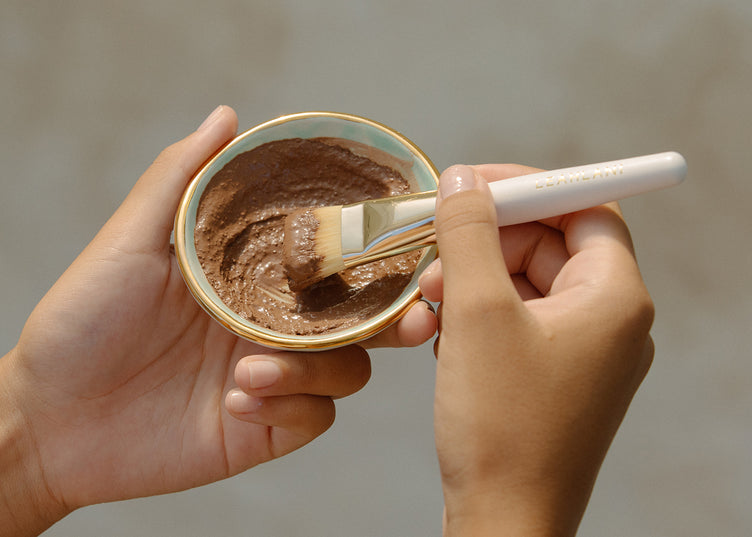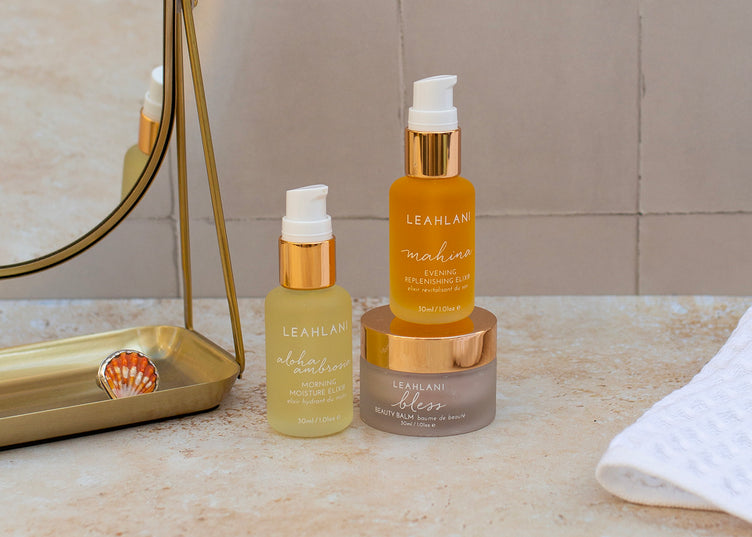In celebration of Women’s History Month, we’re so excited to introduce you to Kumu Puali`ili`imaikalani Rossi-Fukino, Assistant Professor of Hawaiian Studies here at Kaua’i Community College!
We had the immense privilege and honor of speaking with Kumu Pua earlier this month to talk about her journey pursuing a teaching career, the influential women in her life, and the powerful women who shaped the history of Hawai’i. Kumu Pua’s influence is widespread in our community, she is one of the most beloved Hawaiian Studies educators on the island.
Hawaiian Studies - a broad discipline encompassing the study of Hawaiian history, culture, religion, language, and more - is unfortun ately not widely studied in curricula outside of Hawai’i. If you are interested in learning more about some of the historical figures mentioned in this interview, or about Hawaiian history and culture, Kumu Pua shared some incredible book recommendations. We’d love for you to join us in learning more!
